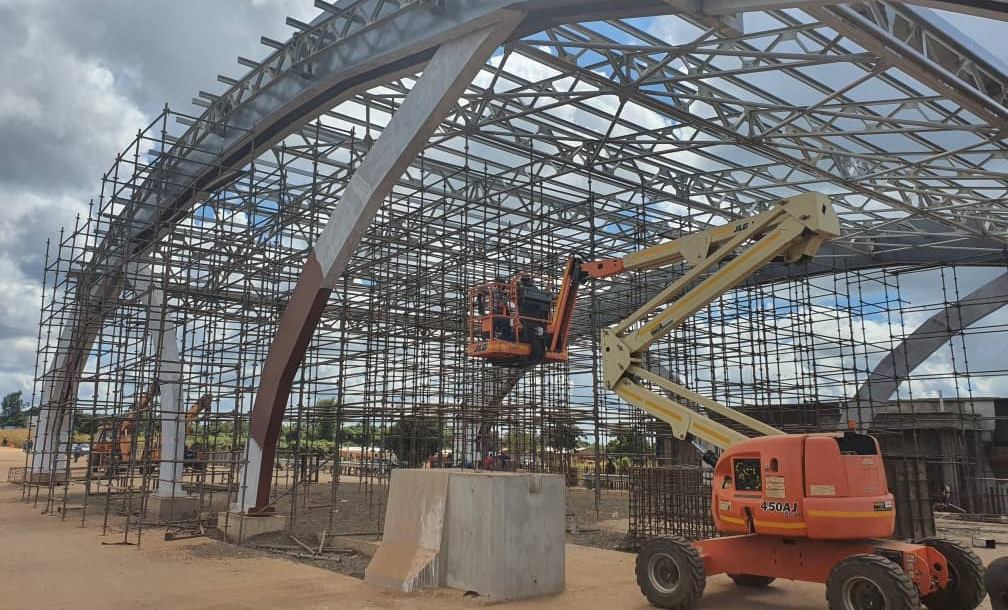Roads Fund ponders more tollgates
Roads Fund Administration (RFA) says it plans to construct more tollgates across the country as a deliberate effort to generate more resources for the construction, maintenance and rehabilitation of roads in the country.
RFA chief executive officer Stewart Malata disclosed this to Business Review in an exclusive interview on Tuesday at the fund’s headquarters in Lilongwe in the context of the progress on the construction of two tollgates at Chingeni in Balaka and Kalinyeke in Dedza.

Among other key functions, RFA is mandated to identify other sources of funding for the construction, maintenance and rehabilitation of the country’s network of public roads.
Toll fees are charged to help compensate for the cost of road maintenance. The amount usually varies with type of vehicle, weight or number of axles.
“The plan is that funds permitting, we should have two more sites by close of the year and then next year, we should have another site.
“These should be of different sizes because in some roads, the traffic volume is very low and so we will put smaller tollgates but in some [roads] we know the traffic volumes are really good and we will put bigger tollgates,” said Malata.
Commenting on specific road networks where the fund is targeting to construct more tollgates, he cited the Karonga-Songwe road, Liwonde-Mangochi road, Mwanza-Zalewa-Blantyre road, Mchinji-Lilongwe road, Lakeshore road and also the road to Muloza border, among others.
He said currently, RFA only relies heavily on fuel levy as a key source of revenue, hence, the decision to diversify the source of income by setting up more tollgates.
Added Malata: “The fuel levy for now remains substantial because on average, fuel levy is K30 billion to K32 billion annually. This money represents about 85 to 90 percent of what we collect. We project to collect K4 billion annually from the two tollgates and obviously collect more when we construct more tollgates in the near future.
“This will help us reduce the percentage contribution of fuel levy into the total pot. We will be very happy if fuel levy gives us 60 percent whereas these tollgates should give us 40 percent.”
Quizzed on the major risks of the tollgate projects, Malata cited acceptability by the public as a major risk but said the institution has hugely invested in public awareness where RFA officials are explaining advantages of tollgates to the nation as a whole.
He also said RFA has also massively engaged with the communities surrounding the projects led by their traditional leaders to ensure acceptance of the projects.
“First, when we were acquiring the land where the infrastructure was going to be built, we made sure that the communities were properly sensitised and we also made sure that they are properly compensated.
“Secondly, we have sensitised them through their traditional leaders to the effect that they know that the facilities are protected areas so they are not allowed to do vending anywhere near the facility,” he said.
The Chingeni tollgate, whose construction started on December 13 2020 and was initially designed to cost government K2 billion, will cost an extra K350 million due to delays. The tollgate project at Kalinyeke whose initial cost was K2.2 billion, will cost government K3 billion at the completion of the project.
Parliamentary Committee on Commissions, Statutory Corporations and State Enterprises Isaac Kaneka told Business Review recently that he was satisfied with progress of all construction work but lamented that Covid-19 was slowing down progress.
RFA was established in May 2007 following reforms that took place in the road sector in response to the findings and recommendations of the Road Maintenance Initiative.





